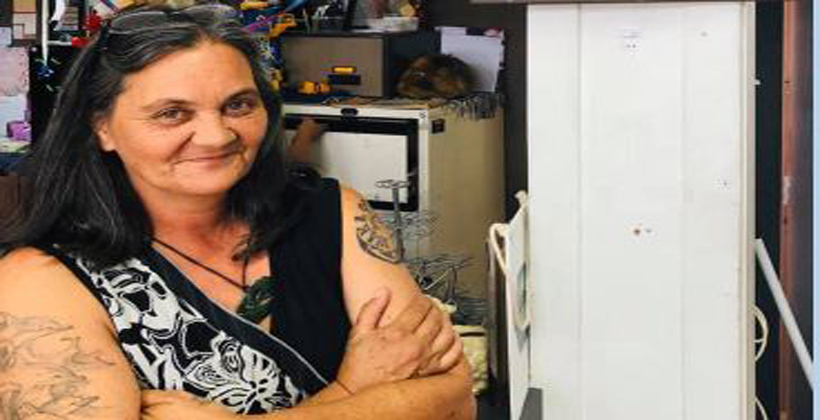February 25, 2022
Underlying conditions skew ICU outcomes


A major new study of New Zealand intensive care units has found Māori patients were more likely than Pākehā patients to die within 180 days of ICU admission.
The study by the Medical Research Institute of New Zealand covering the years 2009 to 2018 was published today in the New Zealand Medical Journal.
Māori are 13 years younger on average when admitted to ICU than Pākehā patients and have more chronic underlying conditions including diabetes and kidney disease.
Senior author Professor Paul Young says the study indicated the unequal burden of chronic conditions is a major contributor to inequality in outcomes rather than the quality of care in ICU.
Another potential factor is that barriers to accessing prompt care for Māori might potentially contribute to higher illness severity by the time of ICU admission.









